The fluidic wearable device is less wasteful when it comes to water, but equally effective alternative to water immersion therapy.
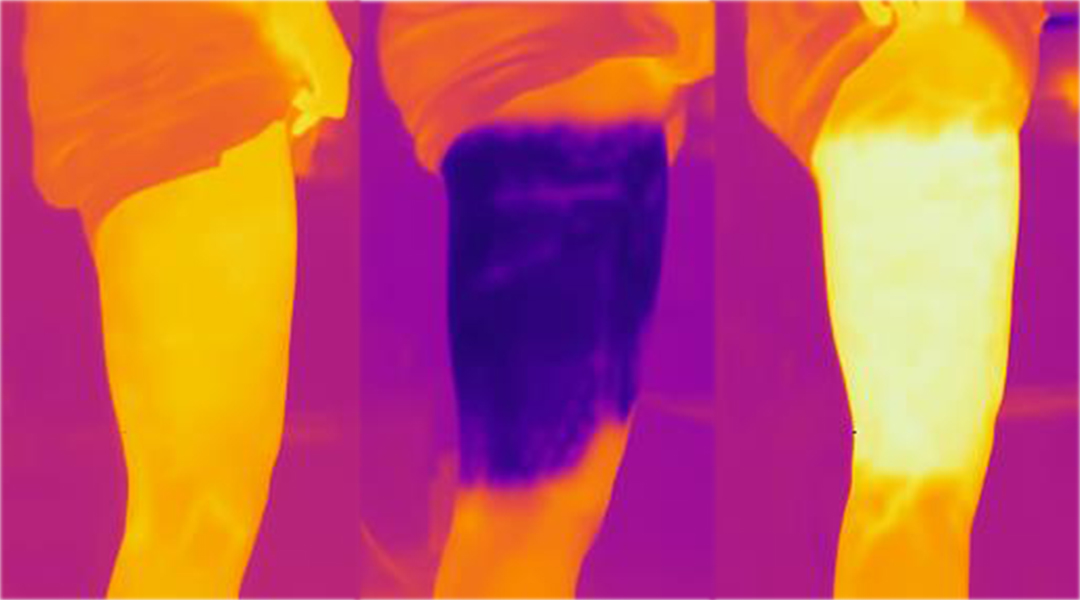

The fluidic wearable device is less wasteful when it comes to water, but equally effective alternative to water immersion therapy.
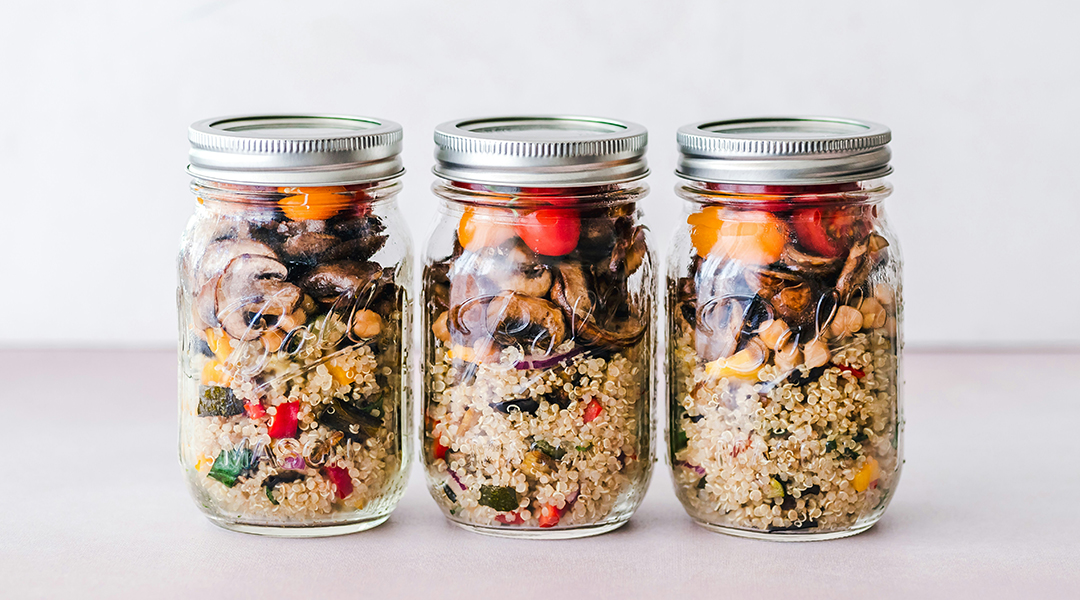
This visual sensor connects to your fridge and syncs with your smartphone, providing real-time updates to help reduce food waste.
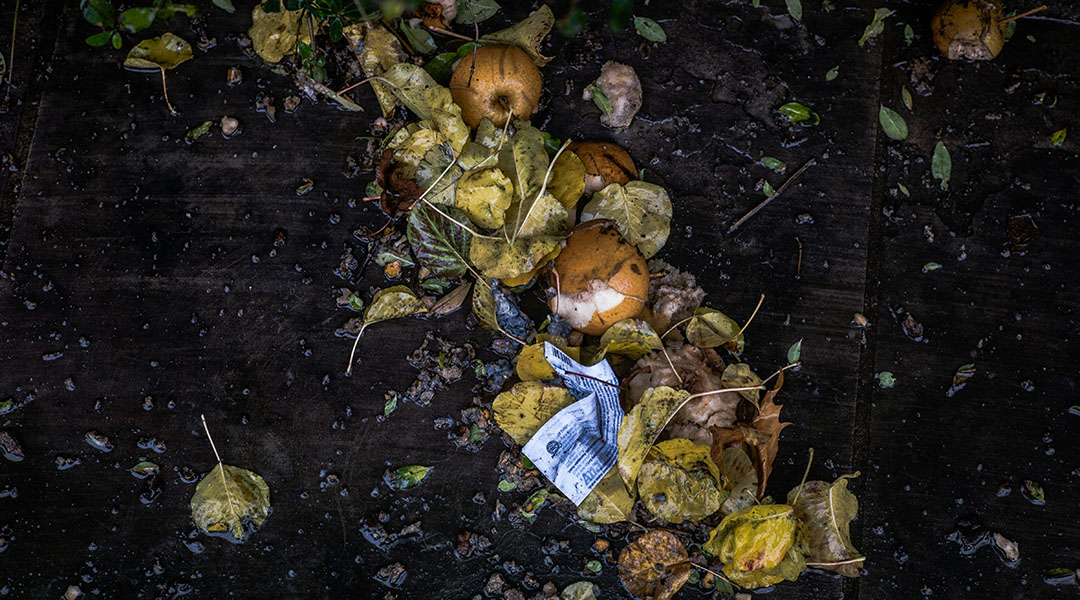
In the future, small electronics could be powered by fallen leaves, shed fur, and other waste materials found in nature.
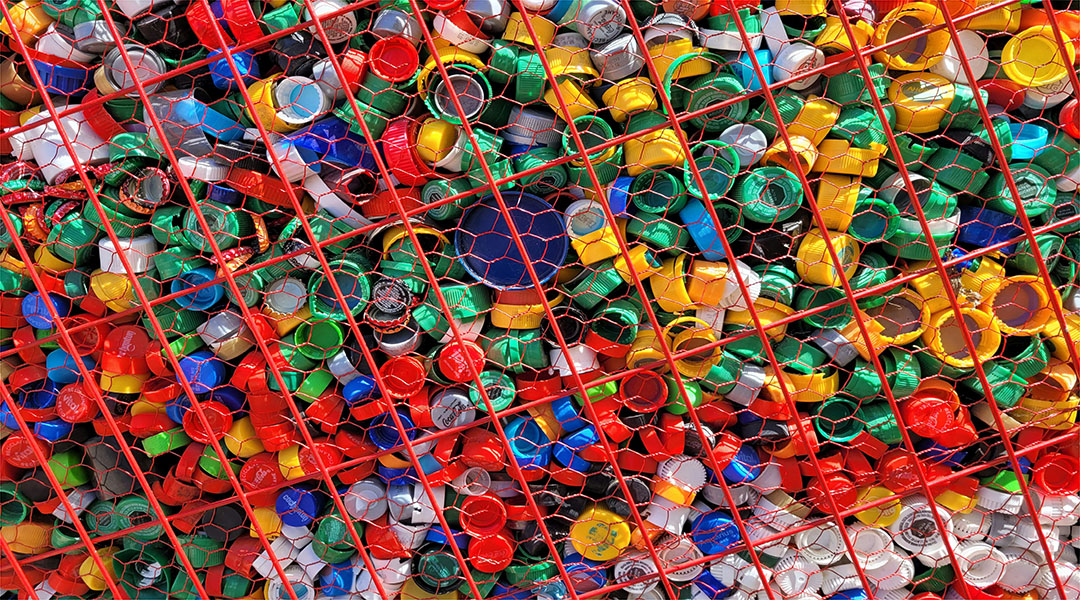
A common bacteria found growing on plastic in urban wastewater could provide new bioengineering solutions to clean up plastic waste.
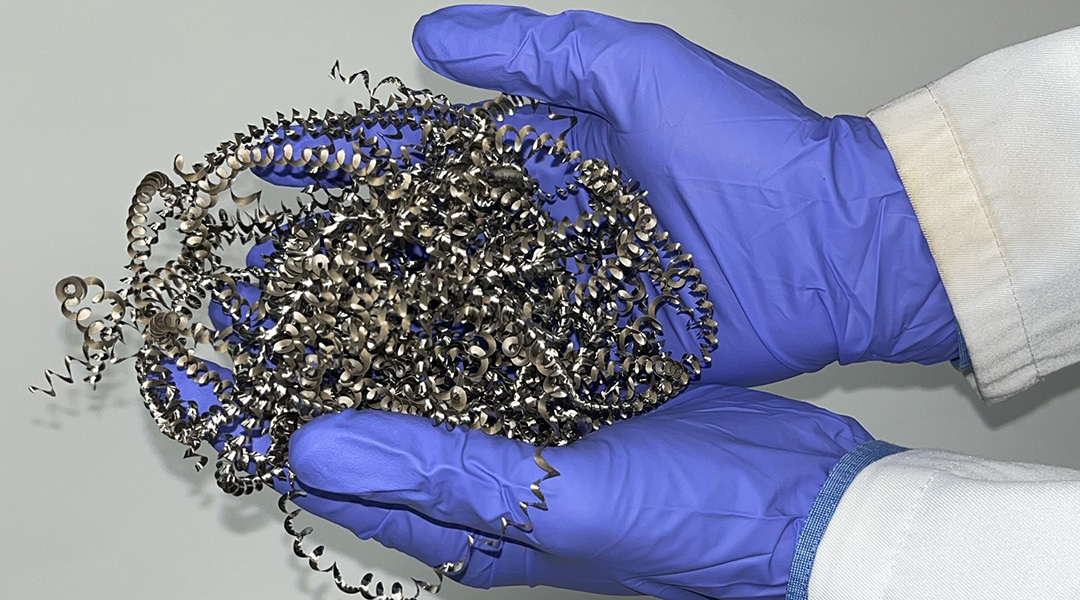
New technique uses waste metal shavings to catalyze hydrogen production, turning nothing but trash and water into clean, renewable fuel.

Pre-activation of plastics with fluorine-containing molecules disrupts their stability, making them easier to break down and upcycle.

Gold nanoparticle clusters boosted the efficiency of titanium dioxide in degrading a toxic dye called methyl orange.
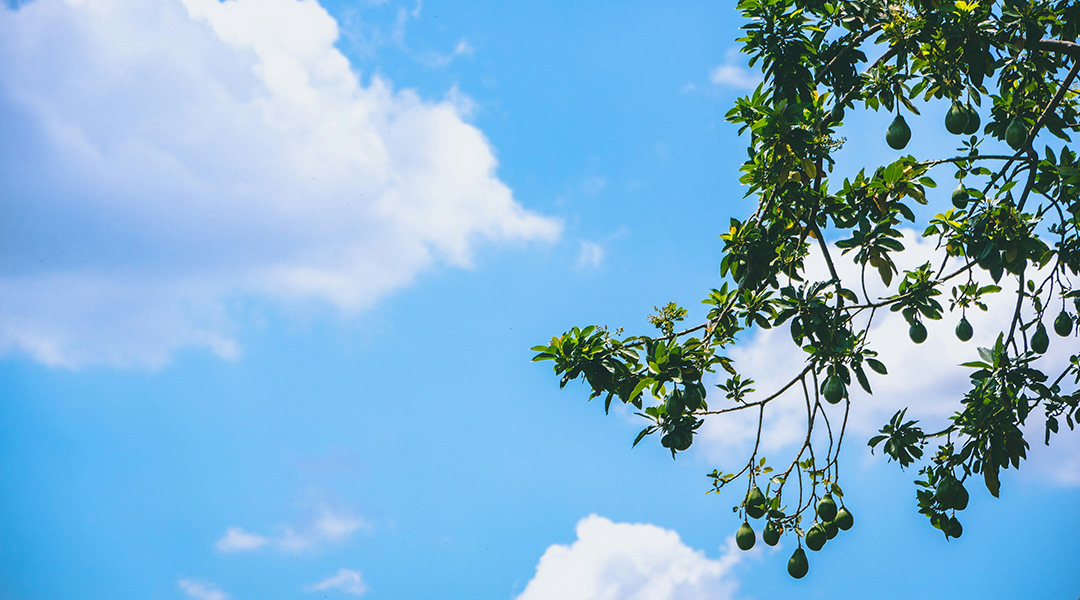
A material derived from avocado pruning waste and bio-polyethylene combines high strength with biodegradability.
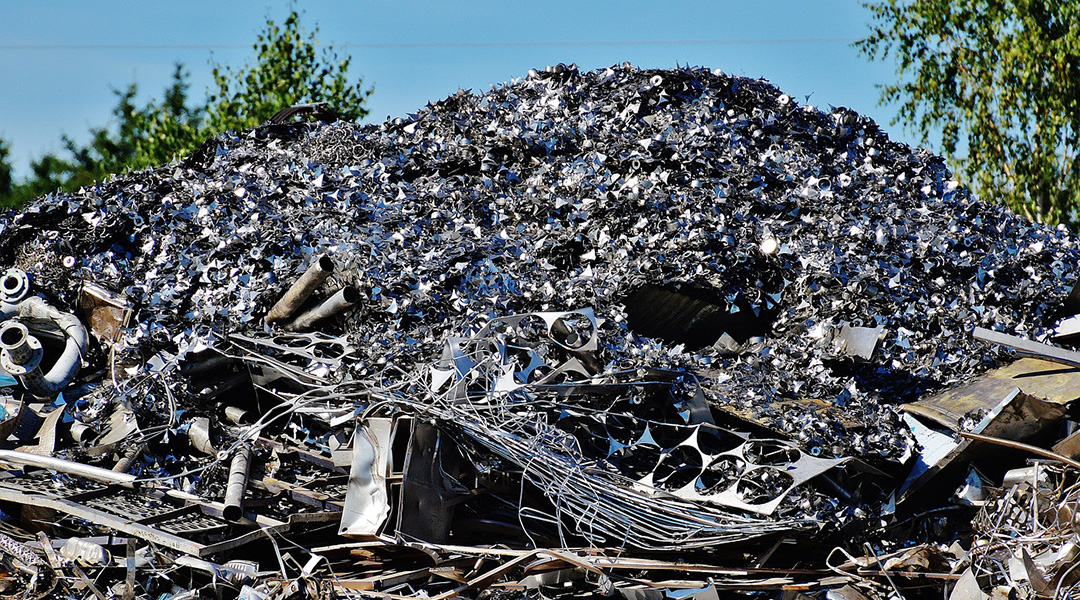
Researchers are tackling the growing problem of electronic waste by designing wearable electronics from sustainable and recyclable materials.
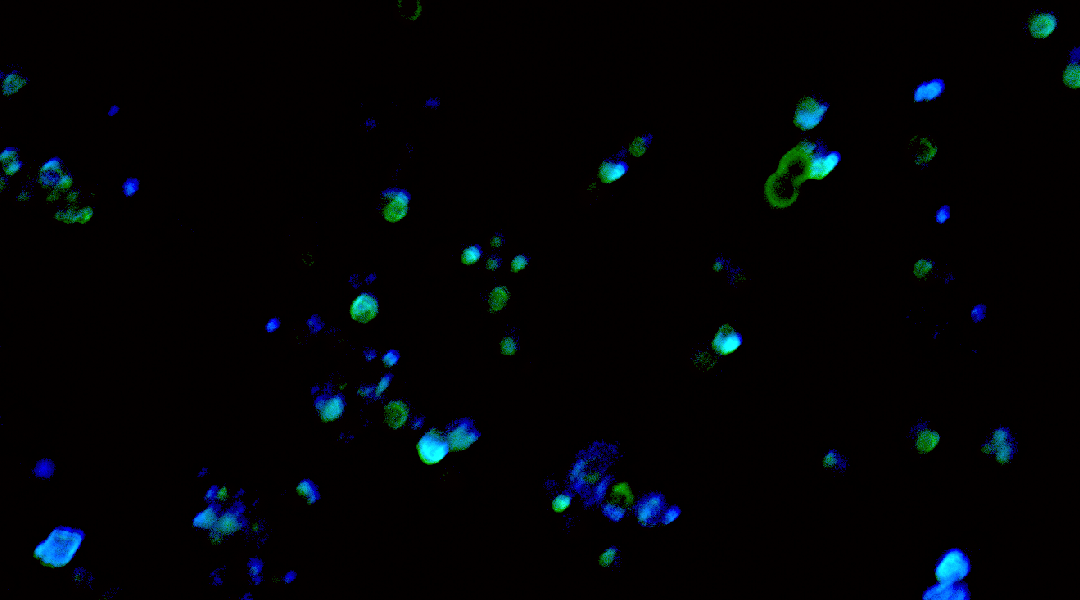
Swarms of iron-clad algae have been built to sweep through bodies of water to collect elusive bits of micro- and nanoplastics.